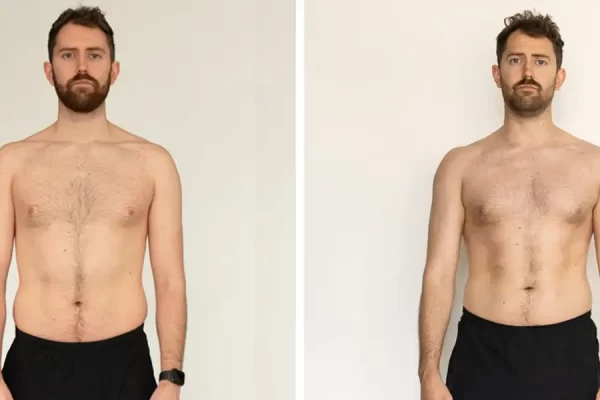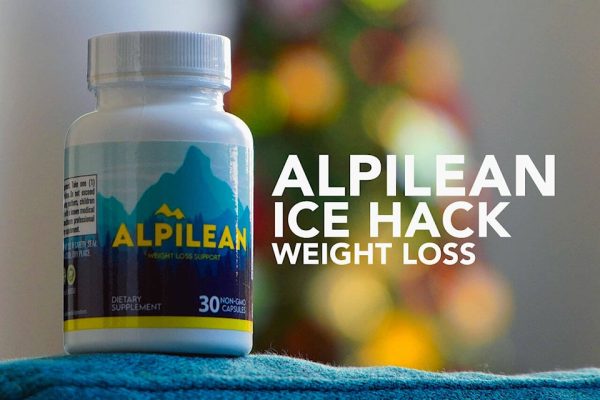Do you like to work out on a regular basis? Are you constantly engaged in different physical activities? If you have answered affirmatively to either one of these two questions, you have arrived at the right resource. In this article, we will explore one of the biggest myths associated with working out, trying to shed some light on the matter. You have probably often heard that the more you sweat, the more you burn. Is that actually true? Well, it turns out that sweating profusely during physical activity does not necessarily mean you will burn more calories.
The more you sweat, the more you burn – how accurate is that?
There are a lot of myths about exercise and it is high time you became aware of them. One of the biggest myths relates to sweating and the number of calories this process actually burns. According to fitness specialists, the sweating rate is not only influenced by the type of physical exercise; in fact, there are many more factors to be taken into consideration.
It is also important to understand that the sweating rate depends from one person to the other; just because a person sweats more profusely, this does not mean he/she will burn more calories. As for the factors that can influence the sweating rate, you must consider the humidity and temperature, not to mention the actual fitness levels of the person engaged in the respective physical activity. When a person presents a good level of fitness, he/she will also sweat more profusely (the body uses this process to cool down faster and more efficiently).
Weight loss & sweating
The most important thing that you have to remember is that sweating does not have anything to do with weight loss. It helps you regulate your body temperature and face environmental conditions in an efficient manner. When it comes to weight loss, physical exercise helps you burn excess calories but not through sweating. It is all about engaging in physical activity that burns fat and builds muscle; the sweating process is a natural response to the changes in core temperature and the need to keep it at a steady level.
According to a study published in the Journal of Sport Sciences, exercising in the heat presents a risk of dehydration and places a lot of pressure on the body. The loss of water and electrolytes is particularly harmful, so it is essential to hydrate constantly while working out in intense heat. However, the study does not mention anything about intense sweating and calorie burning.
Do not be in a quick hurry to choose only physical activities that lead to profuse sweating. You need to choose activities that suit your current level of fitness and build your way up from there. For example, if you are not that comfortable with running, you can try walking first. Keep in mind that profuse sweating also leads to loss of electrolytes, which can be dangerous if no measures to replenish them are taken. This is very much influenced by the ambient heat and humidity levels, as it was already highlighted above.
According to a study published in the Annals of Sports Medicine and Research, the sweating process is induced by a process known as “sympathetic activation”. The authors of the study draw attention to the fact that hydration is necessary to compensate the loss of water and electrolytes, but they do not mention a connection between exercise-induced sweating and calorie burning.
Sweating as a physiological process
There is a strong belief that intense sweating can contribute to the quick weight loss. However, in reality, things are far more complex. According to a book written on exercise and core temperature, the main purpose of the sweating process is to eliminate excess heat. This often occurs when the environmental temperature is higher or when we engage in energy-producing processes, such as the physical exercise. Interestingly enough, the sweating process becomes more intense in those who engage in aerobic exercise on a regular basis.
Sweating is your body’s way of coping with exercise-induced heat stress. With moisture being release at the level of the skin, the body temperature is regulated and the response to the heat stress improves. It is also wrong to believe that working out in hot weather will burn more calories, due to the intense sweating; on the contrary, your heart will work harder to face the intense challenge brought on by the high temperature. On one hand, it will have to send oxygenated blood to the muscles, so that they can face the physical exercise. On the other hand, it will have to send blood to the skin surface, so that the temperature of the body is maintained at a constant level. Despite all of that effort, the number of calories being burned is still going to be low.
Final word
Working out can help you stay in shape and maintain an excellent state of health. However, you should never pay attention to common myths, such as the one that was discussed in this article. Profuse sweating does not cause you to burn more calories, it is only the natural adaptation of the body to the physical exercise and the challenges it brings.
References:
http://www.prevention.com/weight-loss/weight-loss-tips/10-calorie-burning-myths-busted/slide/4
http://www.womenshealthmag.com/fitness/sweating-during-exercise
https://www.bodybuilding.com/fun/25-more-fitness-myths-crushed-by-pauline-nordin.html
Author Bio: Ella James is an independent researcher and writer. She has contributed to many online websites related to general health and fitness. Her interests include reading and writing about day-to-day health, fitness, and skin care problems. Connect with her on Facebook, Twitter, LinkedIn.





